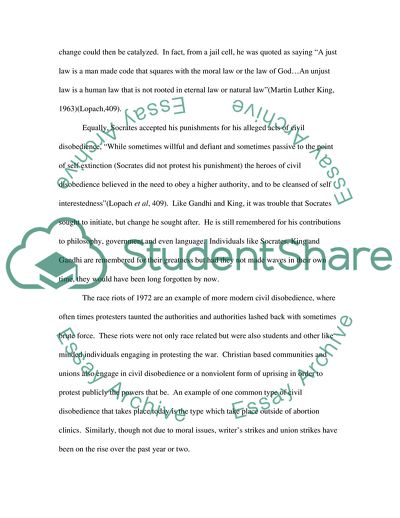Cite this document
(Supporting Civil Disobedience in the Society Essay, n.d.)
Supporting Civil Disobedience in the Society Essay. https://studentshare.org/social-science/1714884-civil-disobedience
Supporting Civil Disobedience in the Society Essay. https://studentshare.org/social-science/1714884-civil-disobedience
(Supporting Civil Disobedience in the Society Essay)
Supporting Civil Disobedience in the Society Essay. https://studentshare.org/social-science/1714884-civil-disobedience.
Supporting Civil Disobedience in the Society Essay. https://studentshare.org/social-science/1714884-civil-disobedience.
“Supporting Civil Disobedience in the Society Essay”. https://studentshare.org/social-science/1714884-civil-disobedience.


